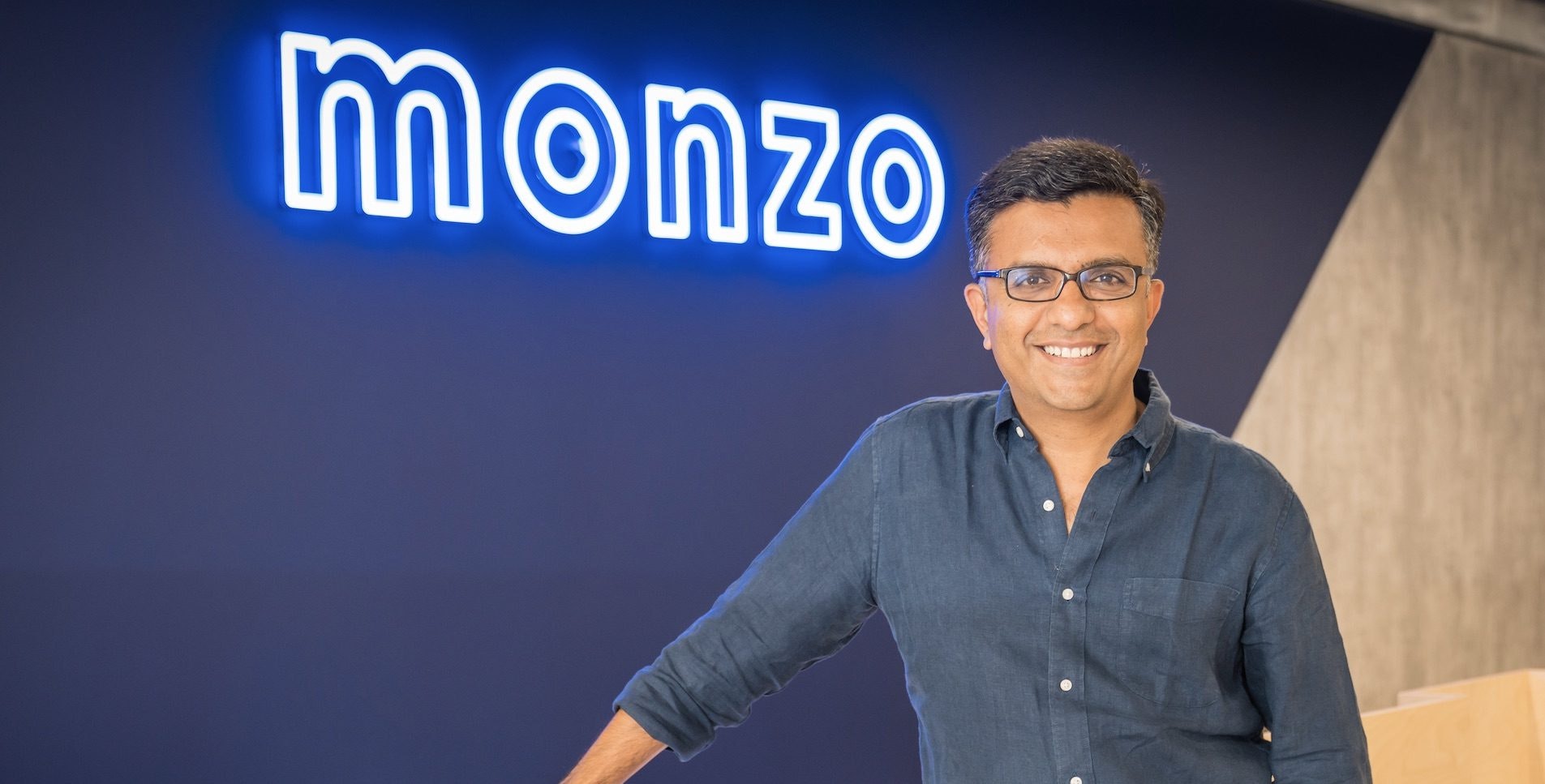Most fintechs are looking at a year of lower downloads in Europe and tougher customer acquisition, app data shows. At the same time, incumbent rivals are snapping at their heels.
According to a Sifted analysis of iOS and Google Play app download data from Apptopia, only four out of 17 fintechs looks on track to beat total downloads for 2023. Moneybox, Raisin and Revolut look set for the biggest gains, on an annualised basis, while Curve and Bitpanda look set for the largest falls.
Download data by no means tells the full story of these companies’ performance; the companies themselves track customer activity by metrics like number of accounts opened, customer deposits and number of products used. But it still gives us an idea of which companies are reaching the most people.
Pair this with the current high interest rate environment and it’s easy to see why many investors have fallen out of love with the sector. Analysts say these larger fintechs are scrambling to monetise their existing customer base with new products, while smaller players could run out of capital soon — leading them to predict a wave of consolidation just around the corner.
Smaller neobanks’ growth has plateaued
Revolut eclipses all other European neobanks when it comes to app downloads in absolute numbers. Its average monthly app download total of just over 2.5m for 2023 through the end of August is around four times higher than the second in line, Monzo, which averages just over 522,000 monthly downloads in that period. Both look on track to record an increase in downloads in 2023 versus 2022, on an annualised basis.
Europe’s other OG neobanks targeting the mass market, Starling and N26, have both seen app downloads plateau. Starling’s median monthly downloads were 179,000 in 2022 and have dropped to 153,000 in 2023 so far. Meanwhile, embattled German neobank N26 clocked in 145,000 median monthly downloads in 2022 and is estimated to drop to 132,000 in 2023.
The continent’s more niche offerings, like Monese (which targets expats) and Curve (which aggregates multiple bank accounts) are projected to see a decline in total downloads in 2023 compared to all of of 2022.
Incumbent banks apps close in on neobanks
Meanwhile, the banks with the biggest customer bases — incumbents — have not been sitting still. They’ve vastly improved their mobile banking apps, and the data shows that UK incumbent Barclays ranks third behind Revolut and Monzo when it comes to download numbers over the last 12 months. It’s closely followed by the three remaining largest UK legacy banks, Lloyds, Natwest and HSBC.
The incumbents have overtaken Starling, and Monese, Zopa, Atom and Tandem all trail behind them when it comes to app downloads from July 2022 to August 2023.
This is a problem for these neobanks. Given that most UK retail banking customers still use their legacy banks as their primary account, trusting them with their salaries and larger deposits, this incumbent innovation threatens the number of new customers that are willing to swap at all.
Wealthtechs don’t regain on market peak
Ever since the Covid stocks and trading boom in 2021 and early 2022, the data shows that downloads of trading apps (for both stocks and crypto) have been declining.
Bitpanda and Trade Republic, which were last valued by investors at $4.1bn and $5.5bn, look set for a 64% and 44% decline in downloads in 2023, respectively.
Meanwhile, as interest rates soar and customers want to realise their first potential for meaningful returns on longer term strategies, savings apps like Raisin and Moneybox are on a path to a great year. Their downloads look set to increase by 82% and 136% in 2023, based on annualised figures.
Nutmeg, which was acquired by J.P. Morgan in 2021, looks set to increase downloads by 116% in 2023.
Analysts say this is due to two things. While these wealthtechs tended to target young, digital savvy users, this is not the demographic that has much money to save.
Meanwhile, the continent’s neobanks are now all prioritising moving into wealth and savings, again to increase revenues from existing customers. Just yesterday, Monzo muscled in on wealth products with its launch of ‘Monzo Investments’, which allows customers to invest as little as £1 in a selection of funds picked by US asset manager BlackRock. All this is putting consolidation pressure on the wealthtech sector.
“The market is so small that working towards sustainable profitability is extremely difficult for them right now, so a lot of them are becoming appealing acquisition targets. And others will likely not survive,” Tijssen says.


